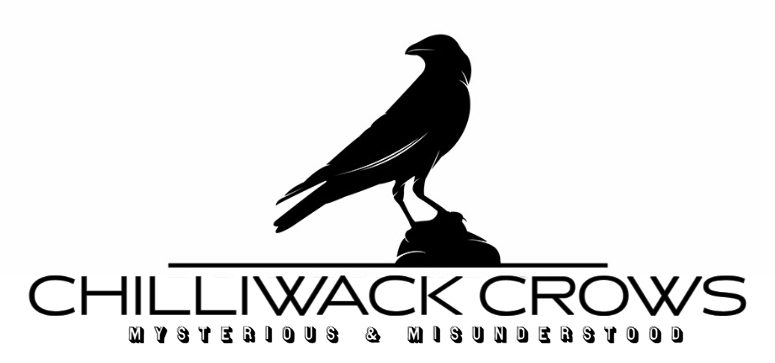TERRITORIAL
A great article written in detail by someone who has taken the time to stop and pay attention to the crows. Crows live and share their lives in a very seasonal manner with the other crows around them. Watching crows has been my favorite pastime for the past 5 years. I wish more people would do this, but unfortunately, people are more interested in complaining and wishing the birds away than learning about them. I was walking on a trail today, and I had some peanuts that I gave to the crows as I walked, and a man was telling me how retarded the crows were. I wish I had thought of telling him to educate himself, but I will if I see him again. There are a lot of people who need to learn more about crows and how to appreciate nature. He was talking about a bird making a lot of noise in the morning and labeling the crow as retarded. Most people in my neighborhood are bothered by crows, but they choose to live here with a cornfield in their backyards or across the street in an agricultural community. Again, intolerable complaints from people who should perhaps just keep going and learn to shut the front door.
Summary of this article be sure to check it out at
https://nature-mentor.com/crow-territorial-behavior/
- The most obvious sign of territorial behavior from crows is when they defend their nest from rival crows or nearby ravens.
- Let’s look at some key points to know if you really want to understand territorial crow behavior: Crow Territories In The 4 Seasons The first thing to realize is that crow territories are constantly changing throughout the year.
- Let’s look at the 4 seasons… Crows In Winter Crows actually don’t tend to be very territorial during winter… mostly because they’re not currently raising families.
- Protecting Food & Other Resources Territorial behavior is not always about protecting the nest & younglings.
- For both these reasons, crows will aggressively attack ravens, and in some cases, this is probably for territorial purposes.
- Territorial vocalizations are incredibly common, and the sound really stands out on a landscape, even to people who might have very little experience with birds.
- When crows are relaxed, they tend to vocalize in short, calm bursts interspersed with periods of silence & listening.
- But in order to tell the difference, we really need to look at the body language… Territorial Body Language Territory body language is easiest to identify as chasing behavior.
- If you see crows chasing through the sky, way up above the canopy height, cawing as they go, there’s a good chance what you’re observing is territorial chasing.
- Crows will also chase eagles, ospreys, ravens & hawks, so it’s important to tell the difference between territorial chasing vs actual alarm situations.
- Very often, the only obvious difference between alarm calls & territorial calls is the target of this chasing behavior.
- By watching the trajectory of their flight, and imagining how that path relates to the landscape below, you can gauge how far the crows are chasing before they turn back.
